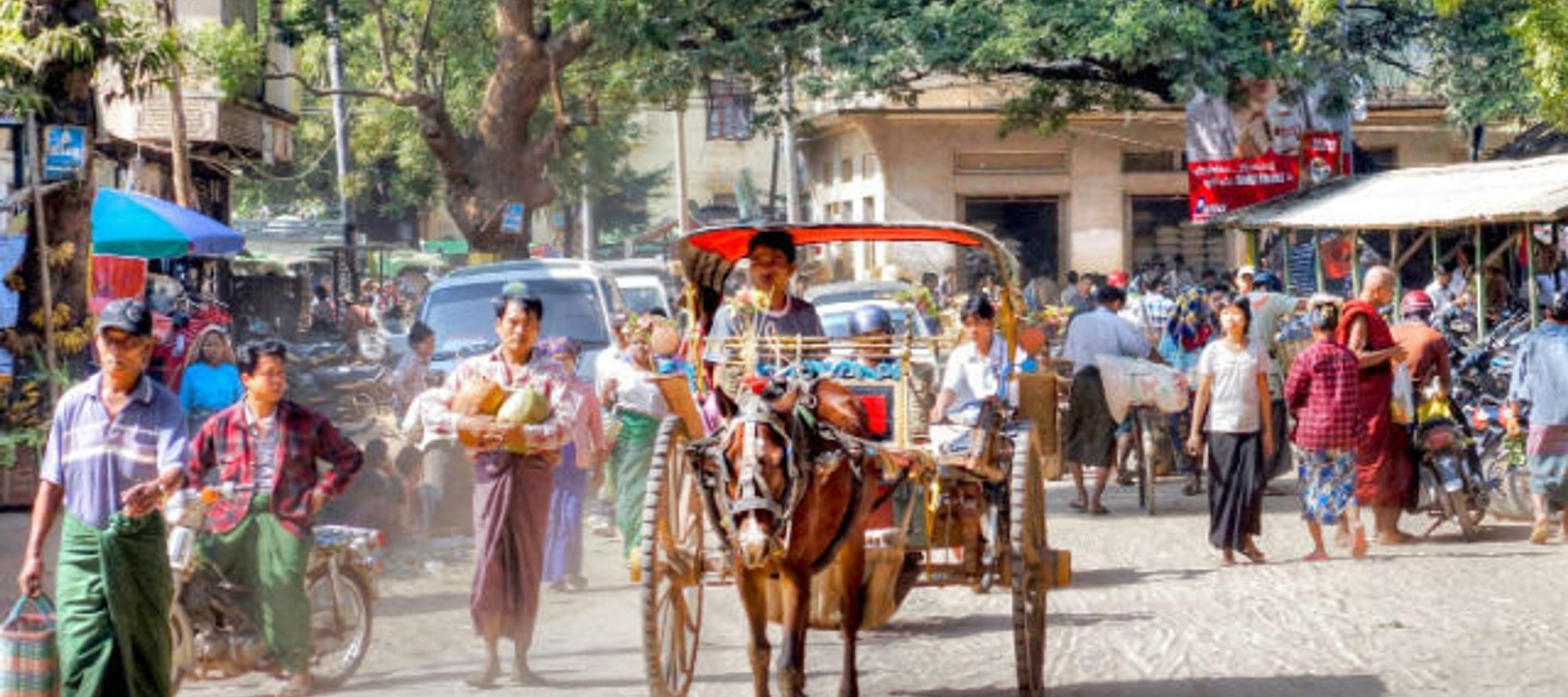2012 Consultation on U.S. Reporting Requirements on Responsible Investment in Burma/Myanmar
4 October 2012

In May 2012, the US President announced the decision to ease certain financial and investment sanctions on Burma/Myanmar in response to the democratic reforms that have taken place in that country over the past year.
In July 2012, the U.S. Government implemented these changes to permit the first new U.S. investment in Burma/Myanmar in nearly 15 years, asserting that the participation of U.S. businesses in the Burmese/Myanmar economy will set a model for responsible investment and business operations as well as encourage further change, promote economic development, and contribute to the welfare of the Burmese/Myanmar people.
These changes included certain restrictions, due to continuing concerns about the protection of human rights, corruption, and the role of the military in the Burmese/Myanmar economy. One key restriction is that new investment by U.S. businesses with the Burmese/Myanmar Ministry of Defense, state or non-state armed groups (which includes the military), or entities owned by the foregoing is not authorised. In addition, U.S. persons are still prohibited from dealing with blocked persons, including both listed Specially Designated Nationals (SDNs) as well as any entities 50 percent or more owned by an SDN.
These changes were implemented through the issuance of two general licenses by the U.S. Treasury Department’s Office of Foreign Assets Control (OFAC). General License No. 16 authorises the exportation of financial services to Burma/Myanmar. General License No. 17 authorises new investment into Burma/Myanmar.
Any U.S. person (both individuals and entities) engaging in new investment in Burma pursuant to GL 17 whose aggregate new investment exceeds $500,000 now must provide to the State Department the information set forth in the State Department’s “Reporting Requirements on Responsible Investment in Burma”. Investors will be required to file reports with the State Department on an annual basis, and include information regarding policies and procedures with respect to human rights, workers’ rights, environmental stewardship, land acquisitions, arrangements with security service providers, and, aggregate annual payments exceeding $10,000 to Burmese government entities, including state-owned enterprises. The purpose of the public report is to promote greater transparency and encourage civil society to partner with our companies toward responsible investment. The above reporting requirements apply to any new investment, whatever corporate form it might take. In addition, individuals or entities undertaking new investment entered into with the Myanma Oil and Gas Enterprise (MOGE) must notify the State Department within 60 days of their new investment.
These Reporting Requirements are now undergoing a 60 day public comment period. IHRB strongly supports the U.S. Government's leadership in adopting this unprecedented measure, which serves as a model for other governments and intergovernmental groupings to seriously consider similar requirements for companies in their jurisdictions to report on their investment activities in Burma/Myanmar.
This IHRB submission offers responses to the consultation questions and limited recommendations aimed at further strengthening the effectiveness of the Reporting Requirements.



